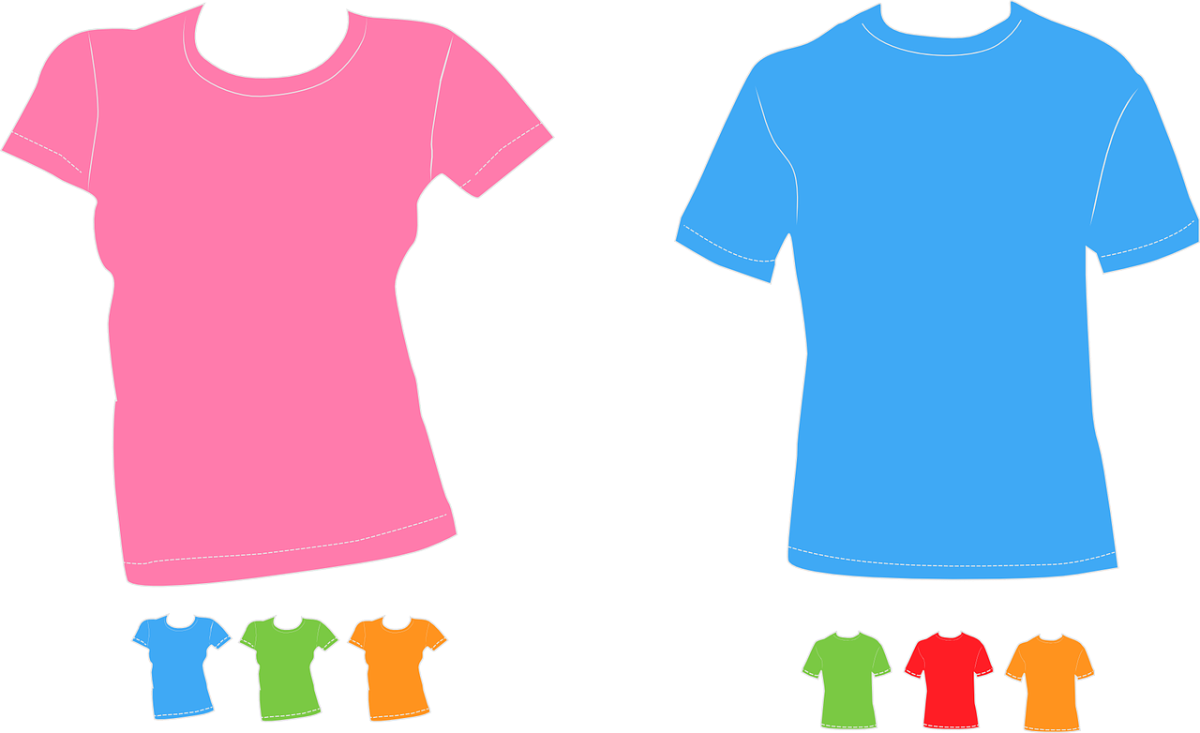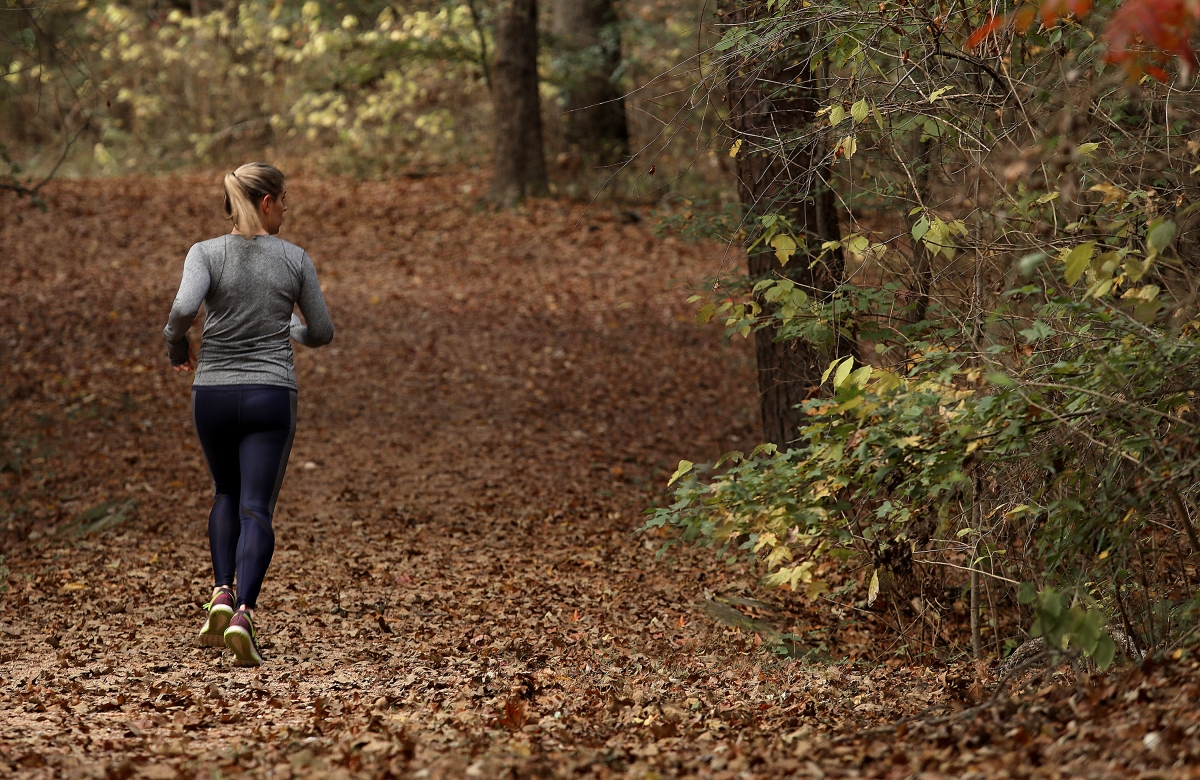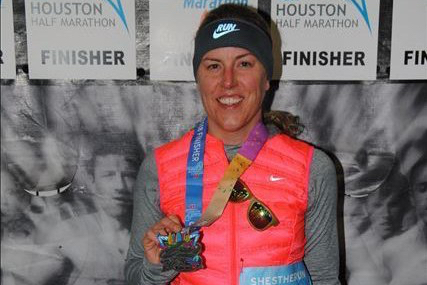The really gnarly part is that those metrics given by the timing system- of time and place- were so important because they would be how I explained my performance to everyone besides myself.
The finish line was over half a mile closer than what my watch and the description had given. Ok, fine. The woman ahead of me was in my age group and I might have caught her on a kick, but I didn’t feel that tore up about it. The race was a success in my mind for reasons I’ll go over later. After changing out of my wet running gear into dry clothes, I checked my phone and the live results link, only to find out the electronic timing system had not picked up my bib. I became pretty agitated once I realized that. Even though the race director assured me that his computer had clocked my finish time, I spent about half an hour skulking around the finish line and compulsively refreshing the results site, until I realized I was acting a little psycho and made myself leave the park. I knew my time, and more importantly what I did well and what I needed to work on. I was now doubling down on being hard on myself because I was letting rational thinking get overshadowed by my emotional response- that the lack of public statistical evidence invalidated the fact that I had run the race. The really gnarly part is that those metrics given by the timing system- of time and place- were so important because they would be how I explained my performance to everyone besides myself.
I wanted to come back to focusing on the outcomes I had set out to measure my race to. If you run competitively at any level, you will have goal places if you are a front runner, or if you are not, you’ll look to paces and times to measure your performance. I didn’t really have aspirations towards either of those for this race. I hadn’t known much about the course, and trail is always tricky to assign pace to anyways, if not damn near impossible when weather hits extremes. I had placed well in shorter trail races a few years ago, but this one was eleven miles and that was long enough for me to become uncertain. My off-road training in the past few months consisted of one pitiful 30-minute jog on the anthills near my home. It wasn’t even a conditioning run, I just wanted to assure myself I still knew how to pick my feet up and not trip over technical terrain. For all these reasons, I decided I needed different kinds of goals to target in the race to keep me present in it even if I was dead last.
The week leading up to the race in Tyler, Texas, I created a three-point race plan. Forming the backdrop behind this list are two my weakest qualities when it comes to running: patience and grit.
- I would go easy the first four miles, even if I felt good or nervous about being passed I would just hold a steady pace.
- I would not stop running the entire time- I had checked the elevation on the course map and didn’t believe I should have to walk IF I paced myself ok in the first part of the race.
- I WOULD KEEP MY NEGATIVE THOUGHTS IN CHECK.
This last one is capitalized because I think it is a huge opportunity for me. I get grouchy even before anything actually goes wrong. I start cursing race directors, the person in front of me, the person behind me, my own idiocy for picking this stupid sport (running sucks) this stupid race (should have waited to compete) this stupid distance (if I signed up for the shorter race I’d be done by now…) and on and on. It’s not like this every race, but I’d like to just not go there at all if I can help it- and I was curious to seeif I could help it.
Spoiler alert- if the they gave out medals for those three things, I would have swept the race. I didn’t risk expending energy chasing someone in the first 4 four miles. I didn’t walk. I turned away from negative thoughts and was able to really enjoy that this race. That morning the conditions were ones I would have avoided leaving the house in let alone running in. I am a wimp in cold and it was in the 40’s. That event consisted of 5 races happening concurrently, going in both directions on the out and back course. There were clumps and strands of runners and walkers to dodge around or let pass at every turn. I did a really good job of keeping myself focused on what I could do, and realized all the other factors were just circumstances out of my control but within my capabilities. At the very least it was a great two hour trail run, which I really missed since moving from Southern California. If I hadn’t imagined myself holding a positive mental space before the race, I don’t know that I would have even thought to attempt it once I was out there.
A slower time or lower place does not mean I ran a good race, and by “good”, I mean a race where I grow. A faster time and higher place does not mean I ran my best- and that is what I am after this year. Eventually results from the race were posted, and I’m not going to go give them here. Finish times and the varying levels of placing tell only part of the story of a race, but they aren’t even the most important aspects unless you get paid to run (and if you are reading this blog I’m assuming you don’t!) Ideally, I see my performance stats not as a badge but as part of a bigger picture of how I can improve all around. Competitive racing is one of if not the hardest trials I put myself through. The opportunity to strengthen my ability to align my actions to my thoughts, with intention, under duress, is a growth process that I can take into more endeavors than just running.
Some other non-statistical goals that come to mind for me are things like-
On the course:
- Repeat a mantra
- Go faster, even for a little bit, when you feel like slowing down
- Smile at random (I’ve heard it helps release feel-good hormones/chems)
Off the course:
- Shake the hands of the people that pushed you, even (especially) if they beat you.
- Help a stranger
- Check out others’ gear/shoes/tech and find out more about it
Let me know in the comments if you have any ideas about this or the topic of multi-goal racing!



You must be logged in to post a comment.